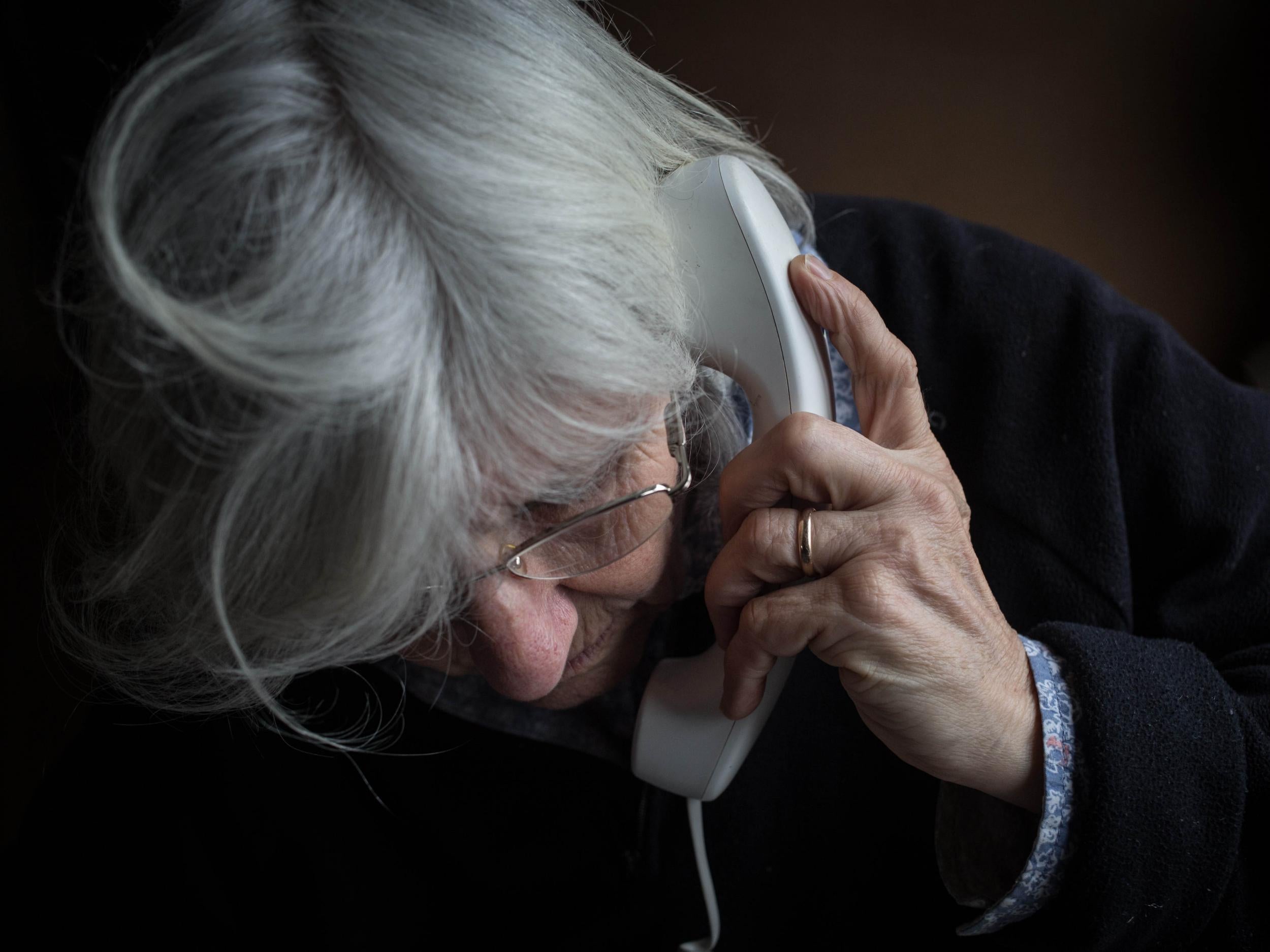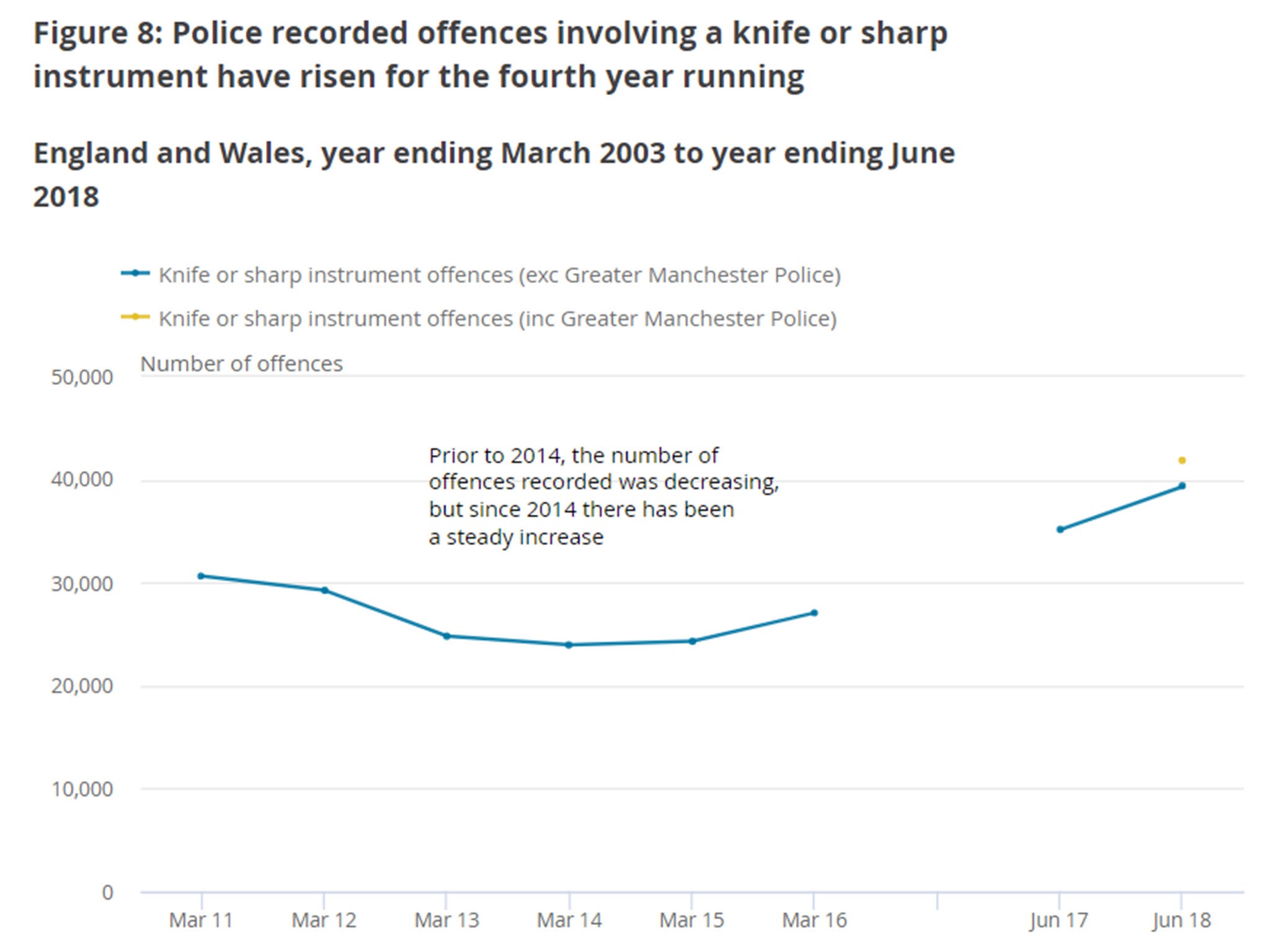Police could suspend 101 non-emergency number amid rising 999 calls and budget cuts
Bedfordshire Police suspended the service this week to cope with a spike in calls

Police forces across the country could start suspending the non-emergency 101 service to cope with an influx of calls, it has been warned.
Bedfordshire Police announced a “suspension” of 101 after a spike in 999 calls last week, in what could be the first move of its kind.
But The Independent has learned there is no requirement for police forces to inform authorities or the public if they take the same decision.
Suspensions of 101 are not formally recorded by either the National Police Chiefs’ Council (NPCC) or the Home Office, meaning that the scale of the practice is unknown.
John Apter, chair of the Police Federation of England and Wales, called for full monitoring to be brought in amid a rise in violent crime.
“I can see more forces starting to suspend 101, and I think they should if it means we can prioritise the here-and-now emergencies,” he told The Independent.
“I think they will be forced into that position. The sad reality is that there are officers across the country not answering 999 calls in the time they should because there are simply not enough resources going round.”

For a two hour period on Tuesday night, 101 callers in Bedfordshire were met with a message saying the line was not being answered and urging them to make an online report or call back in the morning for non-emergencies.
A tweet from the force’s official account said that only 999 calls could be taken “due to unforeseen resourcing issues”.
The suspension started at 8am was initially planned to last until 6am but was lifted at 10pm after demand died down.
Bedfordshire Police said the spike was caused by “general call volume” rather than a major incident, with police attending incidents including an illegal rave, a shop worker being threatened, a report of a possible gun, and welfare concerns.
The force received 356 999 calls on Tuesday, around 100 more than the same day the previous week.
Chief Inspector Rachael Glendenning, from Bedfordshire Police’s force contact centre, said the suspension of 101 “allowed operators to prioritise those incidents which needed an immediate police response”.
“Emergency calls were still being responded to, and we have a number of contingency measures in place to ensure that, even during our busiest periods, emergency calls are being answered,” she added. “We appreciate the patience and understanding of the public.”
The Home Office said 101 is not a statutory service – meaning it is not required to run by law.
A source told The Independent that the department does not have a record of whether 101 has been suspended anywhere before, and that it is “up to forces to decide how they communicate”.
The NPCC also admitted it has no formal record on the issue, but believes “such incidents arise very rarely”.
“Because of the rare occurrence and short temporary nature of such incidents there is no requirement to report to a national lead,” a spokesperson added.
The suspension of 101 comes during a renewed national debate over funding for police, with MPs warning of “dire consequences for public safety” if it is not increased.
The Public Accounts Committee said that money has been cut by almost one-fifth since 2010, and the number of police officers and staff – including call handlers – has plummeted by 50,000 in the same period.
The 101 service was originally intended to be run jointly with local councils to take pressure off 999 but became the sole responsibility of police when it replaced numbers for individual forces in 2011.
A government document from that year claimed that “over time, local partners will join up with the police” to respond to calls on non-crime issues like antisocial behaviour and noise complaints.
But police say the number has become yet another example of forces being left to “pick up the pieces”, as other public services like social services and mental health shrink under their own funding pressures.
Mr Apter said the public was reverting to 999 and 101 outside working hours, when support from other public services falls away.
“When people dial 101 they need help, advice or support, and if that’s taken away from them we’re not providing the service we should be,” he said. “Other organisations are abdicating their responsibility.”
Senior police officers have raised concern about an “unprecedented” increase in calls nationwide, including 5 per cent annual growth in 999 demand.
Chief Constable Simon Cole, the NPCC lead for local policing, told a meeting in July that the number of abandoned calls was also rising and that the demand for 999 “is also felt in the 101 service”.
He set out reasons for the increased pressure including the reduced capacity of partners, like local councils and the NHS, fewer employees, increases in staff turnover and the use of mobile devices.
Chief Constable Cole “added that the original Single Non-Emergency Number (SNEN) was established to be jointly operated by police and partners, but now 101 is rarely, if at all, anything but a police non-emergency number”, minutes noted.
Mr Apter said that both numbers were being abused in some cases by people who do not need to call police, and called for a campaign like that launched by the NHS to discourage the use of 999 in non-emergencies.
“In times of plenty police would shrug it off but now we have to push back,” he added. “The reality is there are not enough cops to handle the demand.”
A report earlier this year into police effectiveness by HM Inspectorate of Constabulary warned of lengthening delays before calls are answered, which it put down to “significant stress” on forces.
“Thousands of emergency calls are being held in queues, largely because officers were not able to respond to them,” it said.
Sajid Javid, the home secretary, has vowed to fight for increased police funding in a government-wide spending review, while the new annual financial settlement for policing will be unveiled next month.
